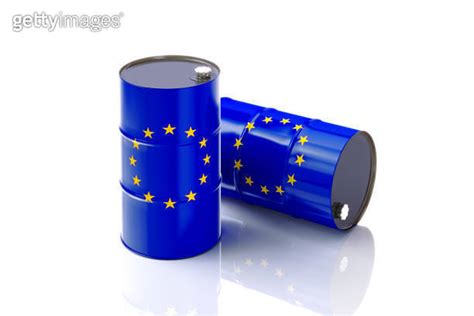In the bustling city of Busan, South Korea, where the air is filled with anticipation and negotiation, the European Union stands firm in its resolve. The battleground? A crucial plastic pollution treaty that could shape the future of our planet.
Hungarian Environment Minister Anikó Raisz, a key figure in these high-stakes talks, made it clear that the EU is not willing to compromise on its vision. In an exclusive interview with POLITICO, she emphasized that the EU is pushing for more than just a superficial waste management agreement.
“We are not interested in a waste management convention,”
she declared firmly.
At the heart of this clash are oil-rich nations like Iran, Russia, and Saudi Arabia—countries whose economies heavily rely on oil and plastic production. These nations have been resistant to addressing the core issue at hand: reducing plastic production itself. Raisz pointed out a critical fact:
“If we want to tackle plastic pollution effectively, we must address its root causes.”
China, a global giant in both plastic consumption and production, has also been cautious about committing to significant reductions. Despite this hesitance, there remains hope for a consensus that accommodates all parties involved.
A recent proposal backed by the EU and over 100 other countries advocates for setting global targets to limit plastic production to sustainable levels. This proposal marks a pivotal moment in the negotiations as it seeks to shift focus towards long-term sustainability rather than short-sighted solutions.
Raisz highlighted the importance of finding a balance between recycling efforts and reducing production:
“Recycling alone cannot solve our plastics crisis; we need to reach a sustainable level of production.”
This emphasis on sustainability echoes growing concerns about environmental degradation caused by unchecked plastic production.
As tensions rise within negotiation rooms, Panamanian official Juan Carlos Monterrey Gómez issued a stark ultimatum to non-committal parties: lead or step aside. His bold statement underscores the urgency of taking decisive action against plastic pollution.
However, despite mounting pressure and impassioned pleas for cooperation from all sides, progress has been slow-moving. The draft text presented during recent discussions failed to provide definitive solutions or garner unanimous approval.
An air of uncertainty looms over Busan as negotiators grapple with key issues such as financing mechanisms for the treaty and regulating harmful chemicals associated with plastics. The road ahead remains foggy; there are whispers among delegates about potential additional rounds of talks or exploring alternative pathways outside formal agreements.
Raisz acknowledged these uncertainties but remained hopeful about reaching an agreement before time runs out:
“Many dedicated individuals are working tirelessly towards a shared goal—a Sunday deadline looms large.”
The fate of our planet hangs in delicate balance as representatives navigate complex negotiations aimed at safeguarding our environment for generations to come. The Plastic Treaty Battle rages on—a test not only of diplomatic skill but also of collective willpower to combat one of humanity’s greatest challenges.




Leave feedback about this